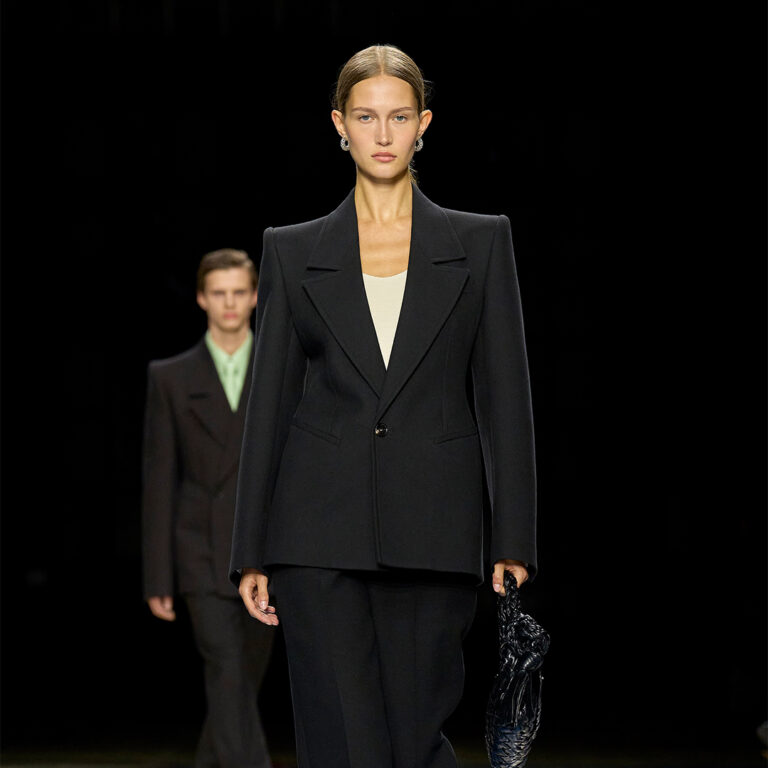In these times, it is so easy to get deep blues, apathy, sadness, frustration and anxiety. Today we want to share how we can use the current situation as an advantage, and come back to the world filled and rested. Many educational platforms, publishing houses and museums, cinemas and even sports projects have made access to their materials free of charge and likewise, we’ve been hooked to some of the interesting courses at Coursera.
Cover photo: © Unsplash – this article was written by Svetlana Yakunina
Coursera
Coursera is an online educational platform with free courses and paid certification programs offered in partnership with major universities and corporations. Due to recent events, Coursera has opened access to more than 3800 courses and 400 specializations in English, French, Spanish, Russian and many other languages. If you don’t speak English perfectly, then just add subtitles with translation into your own language. It’s a place not only for scrolling the videos and simply listen. It rather is about understanding the subject matter, as you can join open discussions with other participants in the course, and sometimes with the lecturers themselves. Many courses will remain free until July 31.
Sustainable fashion course
For example, on March 31, the online Sustainable Fashion course was launched by Copenhagen Business School, where lecturers talked about sustainable fashion, sustainable business models, circular economy and concepts as such. Furthermore, this course highlights the problems that designers face when trying to create a cruelty-free product or completely switch to production based on a conscious choice of materials.
The first week of the course raises the question of our attitude to fashion, which is the main problem of environmental pollution. Why are fabrics this cheap? Why do we expect a t-shirts to be cheaper than a cup of coffee? These are just some of the the key issues that the lecturer addresses. The world is trying to tell us that we have created a very inefficient system, in which we use resources in inappropriately.
Big changes are already taking place, not only in the field of fashion, but also in all other industries that correspond to daily life. The lecturer notes that as a consumer, each individual makes conscious decisions about each purchase. To approach this wisely, just ask yourself questions like: ‘can I live without it?’ and ‘is this item necessary in my life at the moment? Let’s use and reuse everything that we already have a little more.
https://www.instagram.com/p/B4yz8L1jqOT/
Impact on climate change
Course participants are also invited to take a look at the report from the 2019 Copenhagen Fashion Summit, the main topic of which was a discussion of the fashion impact on climate change. In the past year, progress in the fashion industry in terms of environmental impact has slowed by a third compared to overall sector growth. Fashion provides about ten percent of global CO2. So, if buyers simply don’t know what is really behind unethical fashion, then, perhaps, the time has come for the brands themselves to increase the consumers’ awareness. For example, last year Google announced a partnership with Stella McCartney in order to track the environmental impact of cotton and viscose. By collecting data from a wide variety of sources, they hope to reveal the hidden environmental costs of the materials most widely used in the industry. So many people will be able to look at familiar materials in a completely new way.
https://www.instagram.com/p/B94TDUnAPrK/
We can learn from the example of big brands, starting with our small steps today. The importance now is to always remember that we are in this situation together, and we should care of both each other and our planet.
Take a look at Coursera for more courses.
Also read: Art against anxiety: a method that works for many










